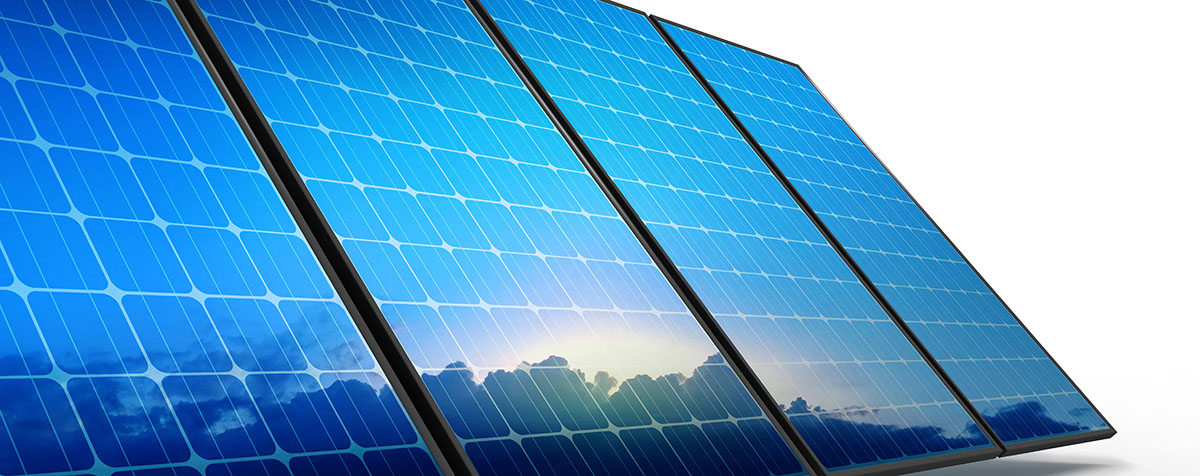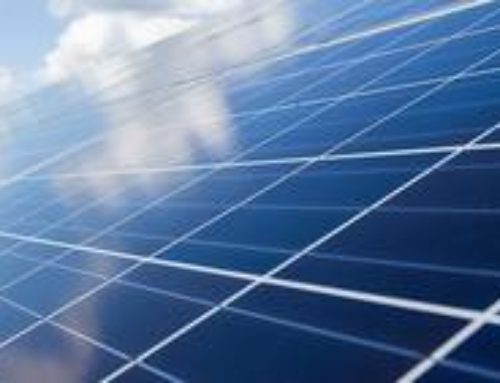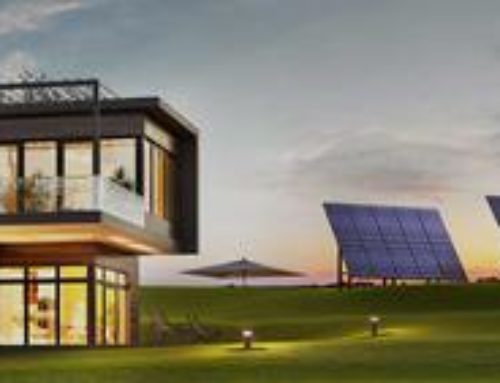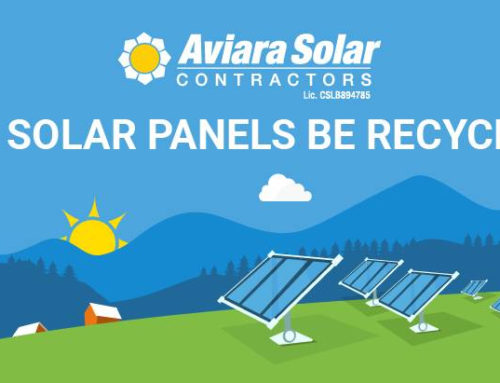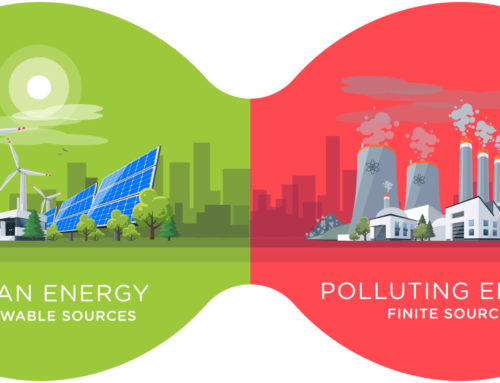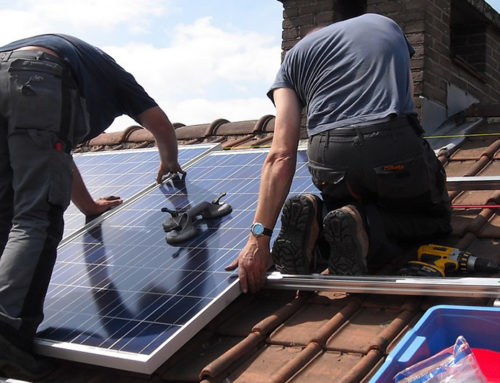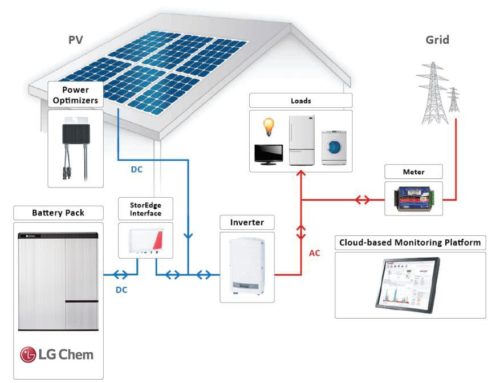Solar Panels are solar modules that produce electricity from sunlight. Electricity created by them is known as solar power or solar energy.
What is a solar array?
It’s when multiple solar panels are connected together.
What is a solar panel system?
It’s a solar array combined with other equipment required to both generate solar power and convert it into usable electricity. When installing a solar panel system for your home, the solar modules would typically be combined with a grid-tied inverter.

What’s the meaning of photovoltaic?
‘Photovoltaic energy’ is the cool term for solar power. The ‘photovoltaic effect,’ is the technical term for how solar panels convert sunlight into electrical current. A photovoltaic (PV) panel means a solar panel.
How do solar panels work?
Silicon photovoltaic solar cells absorb solar radiation, the sun’s rays then interact with the silicon cells and the electrons begin moving creating a flow of electric current. Electrons are captured by nodes and wiring in the panel. The wires transfer this direct current (DC) electricity to a solar inverter to be converted to alternating current (AC) electricity (the kind of electrical power used in your homes, buildings).
You have 3 options on how to use electricity produced by your home solar system:
- Fulfill your home’s electricity needs.
- Charge a battery storage unit.
- Send the power grid to be used by someone else.
Is Solar Power ‘Clean’ Energy?
Yes, solar panels at work are completely green. They produce 0 carbon emissions or waste products. Manufacturing improvements and faster turnaround time make the solar panels production process is cleaner than ever.
Should I get solar panels for my home?
The Washington Post provides us with a great answer: “If you’re just as interested in saving money as you are in saving the planet, solar panels can help you do that. Their price has come down, their effectiveness has gone up, and Congress extended a 30 percent federal tax credit for installing them until the end of 2019. All of this means solar panels can now pay for themselves in as little as five years, depending in where you live.”
Learn more about how a solar panels installation investment benefits you by checking out this article: Are solar panels for your home worth it in 2019?
For information specific to where you live, state solar guides to find out the costs and incentives in your state.
Find out which Solar Program will save you the most: San Diego County Solar Programs
What’s the future of solar panels?
The sun is an inexhaustible powerful source of energy and the most abundant source of renewable energy in the world. Utilizing it appears to be a simple, natural, and sustainable way to produce our electricity.
The improvements in technology and manufacturing efficiency in the recent years, helped reduce the cost of solar panels by 70%, making them competitive or even cheaper than traditional electricity sources. The U.S. is adding more solar power than any other type of electricity and it accounts for 55% of all electricity added in 2018.
Solar panel technology will continue to improve, the cost will continue to drop and solar will definitively play an ever bigger part of our lives.
Common solar panel questions:
1. Where in my home can I install the solar panels besides my roof?
Solar panels can also be installed in places. Besides the roof, the most popular solution to put solar panels is called ground-mounted solar panels in your backyard. It involves a higher installation cost, but comes with the advantage of easier optimization for higher output. You also have the option to install solar carports and canopies, as well as solar pergolas, solar gazebos and solar patio covers or just about any place with a flat surface can have solar panels installed on it!
2. How new does my roof have to be?
Your solar system will last between 25-30 years. Your roof should be able to last that long, too. It will be better to replace your roof first if it needs it or look at other places to install your panels.
3. Which direction should my roof face/slant?
In the US (northern hemisphere), the sun moves across the sky towards the south. Due to this, all south-facing panels will collect the most direct sunlight and deliver the highest output. Solar panels don’t have to face south to be worthwhile. Panels facing north are the least desirable but they can still save you money. Panels facing east or west only result in output drops off one-fifth or less.
4. What is ‘Net Metering’?
A solar system installation often generates more energy than you need. So, if your home is net-metered, your unused energy can be returned to your electric company (‘the grid’). The Electric Company then credits you for the surplus energy you’ve given back. Your remaining electric bill shows the energy use generated by your electric company minus the energy you contribute to the grid. This will dramatically lower or completely eliminate your power bills. Also, the excess energy you produce doesn’t go to waste, the value of it gets stored and is used to cancel out your remaining bills.
For more questions visit our FAQ resources and feel free to ask away…

